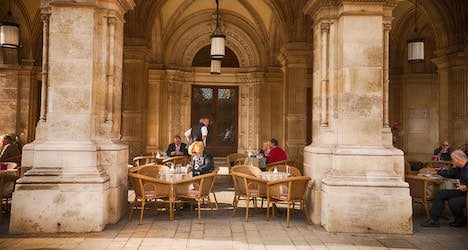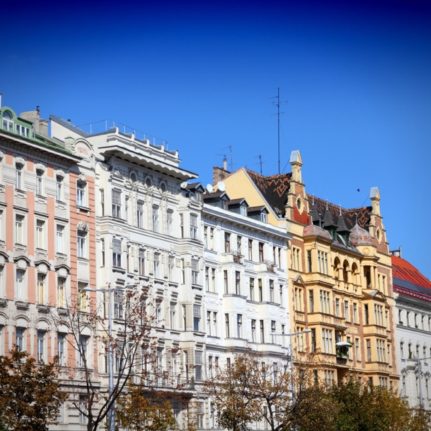The survey, which compared 150 towns and cities and more than 60,000 properties, placed New York at the top of the index – with Vienna coming in behind Miami, Venice, Bruges and Zurich, in 64th place.
The GoEuro study calculates the average cost of stay at shared Airbnb homes, hotels ranked from one to five stars, and hostels.
It put the average price for one night in Vienna at €61, while the average for New York is €198.
Even Innsbruck in Tyrol is more expensive than Vienna – with an average night costing €77.
The rankings are influenced by such factors as the price of Airbnb accommodation.
“In the last 10 years the hospitality industry has evolved significantly,” GoEuro said.
An increasing number of travellers are now favouring shared accommodation over traditional hotels, and younger travellers are “helping hostels grow at a faster pace than the hotel industry”.
Tirana in Albania wins honours as the cheapest place overall to stay of the 150 locations surveyed.
The average price of an overnight stay in the city is listed as €26, while a room in a four-star hotel averages €56.
For more information on the survey click here.



 Please whitelist us to continue reading.
Please whitelist us to continue reading.
Member comments